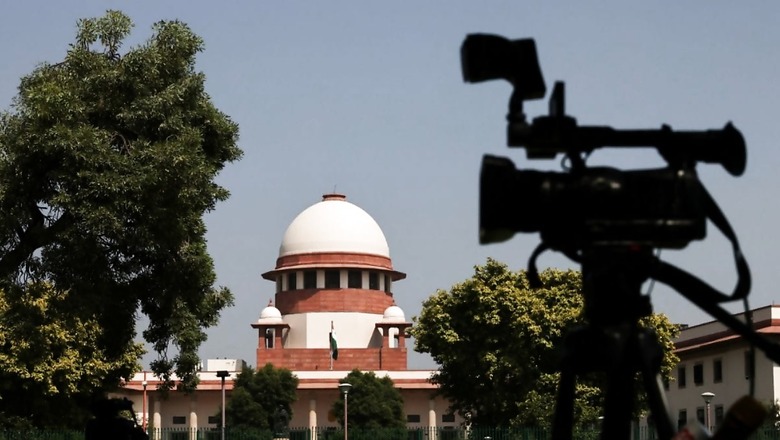
views
The Supreme Court has said a will is not required to be proved with mathematical accuracy, but the test of satisfaction of the prudent mind has to be applied.
“A Will is required to fulfil all the formalities required under Section 63 of the Succession Act. The court has to consider two aspects: firstly, that the Will is executed by the testator, and secondly, that it was the last Will executed by him,” a bench of Justices Abhay S Oka and Sanjay Karol said.
The top court dismissed an appeal filed by Meena Pradhan and others against the Madhya Pradesh High Court’s judgment, which rejected a challenge to the civil court.
“A Will is an instrument of testamentary disposition of property. It is a legally acknowledged mode of bequeathing a testator’s property during his lifetime to be acted upon on his/her death and carries with it an element of sanctity. It speaks from the death of the testator. Since the testator/testatrix, at the time of testing the document for its validity, would not be available for deposing as to the circumstances in which the Will came to be executed, stringent requisites for the proof thereof have been statutorily enjoined to rule out the possibility of any manipulation,” the bench said.
Referring to Section 63 of the Succession Act, the bench said apart from statutory compliance, broadly it has to be proved that (a) the testator signed the Will out of his own free will, (b) at the time of execution he had a sound state of mind, (c) he was aware of the nature and effect thereof and (d) the Will was not executed under any suspicious circumstances.
In the instant case, the bench noted Will was duly executed by the testator in the presence of witnesses out of his free will in a sound disposing state of mind, which stands proven through the testimony of one of the attesting witnesses, namely, Suraj Bahadur Limboo by the civil court.
“We are of the opinion that there is no evidence on record to conclude that the deceased was not in a fit or stable mental condition at the time of execution of a Will, or that a Will was executed under suspicious circumstances, or the presence of any element of undue influence,” the bench said.
The court further ordered since the validity of the Will stands proven according to settled principles of law, consequential benefits be disbursed accordingly.
















Comments
0 comment